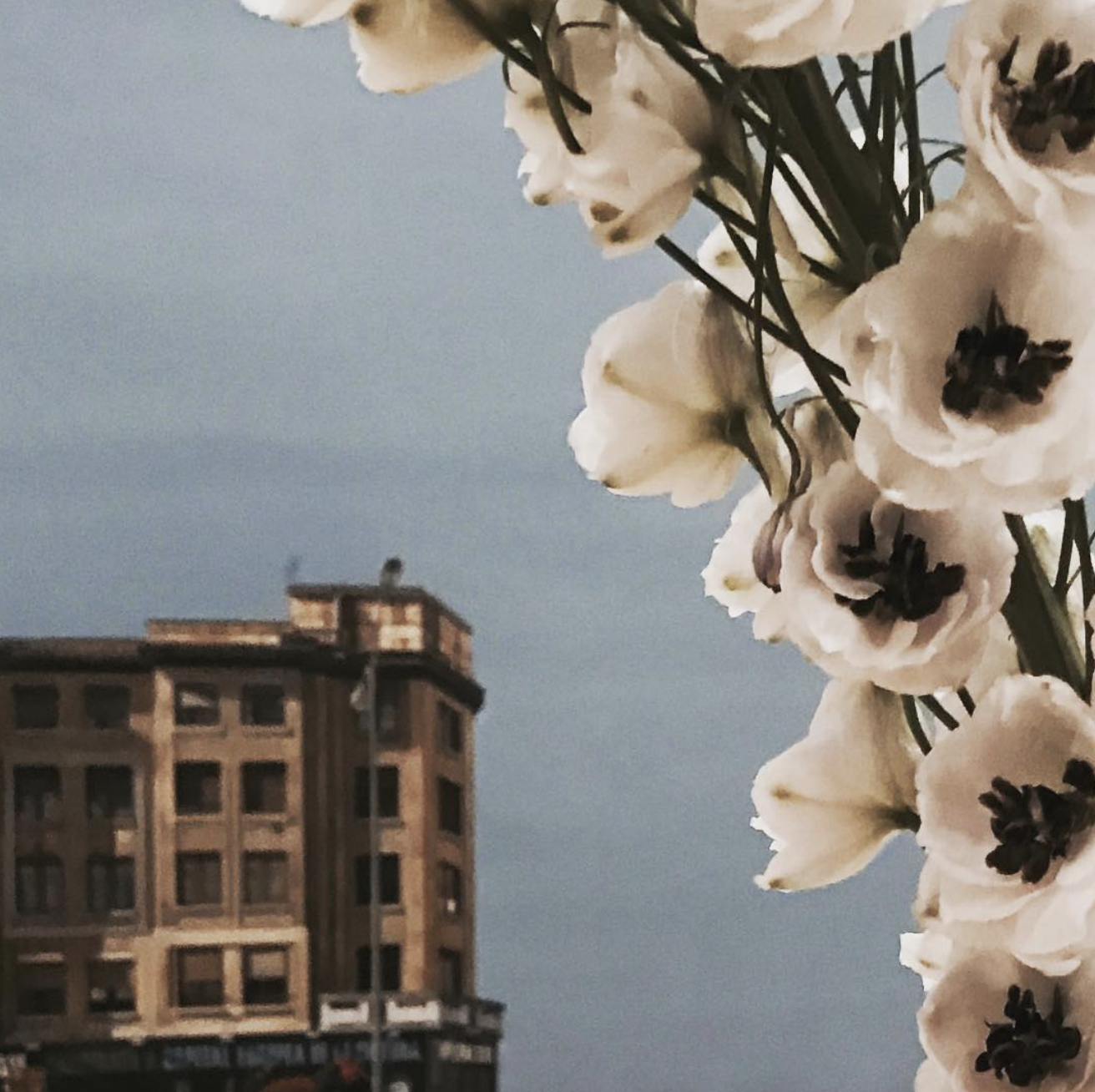When she was getting close
to the end, we cached the hospice morphine
in the fridge behind the ricotta cheese,
in case.
We moved her bed into the living room,
where she could look out onto the Hollywood hills.
She slept and slept.
Waking, she said she’d dreamed
she was a delirious little bird,
and everything around her—
a fragrant field, a grey branch, a dusty road—understood her.
Later, she said she’d dreamt
of rope and wire, of Lvóv in the War,
of nameless relations hiding
with other Jews in the sewer,
shards of skin and glass
and skeins of hair washing away
in gutter water.
She said she knew she, too,
was washing away.
She laughed a little light laugh,
and I heard a chime at the edge of her laughter
that puzzled me, until I understood it
to be her feeling of having only laughter left.
I found a few letters in her closet from her father,
written in his Yiddish accent— “vel” scrawled for “well,”
history in its plainest, most intimate sense.
In the old country he’d been well-off,
which ended with the revolution—
something struck off, something stuck on,
the old secret tales, and blood in the mouth.
Like all children, one accepts
that animals that die do not come back to life.
After he came over, he found work as a bookkeeper.
In their day, people here got used to seeing them,
grandmother in her shawl.
There were many immigrants on the boulevard,
like now, easy to spot,
their hazy look, like charcoal sketches,
and their unfortunate choices of colors.
Poco moto the light scatters.
Outside, Los Angeles shimmers like a piano.
On the ceiling over her bed, the windowpanes
shape the lunar light into an arrangement of rectangles.
I ask her if she is afraid,
She says she sat once in front of the painting
Young Woman with a Water Pitcher
for an hour.
Then it no longer troubled her,
her inconsequential life.
